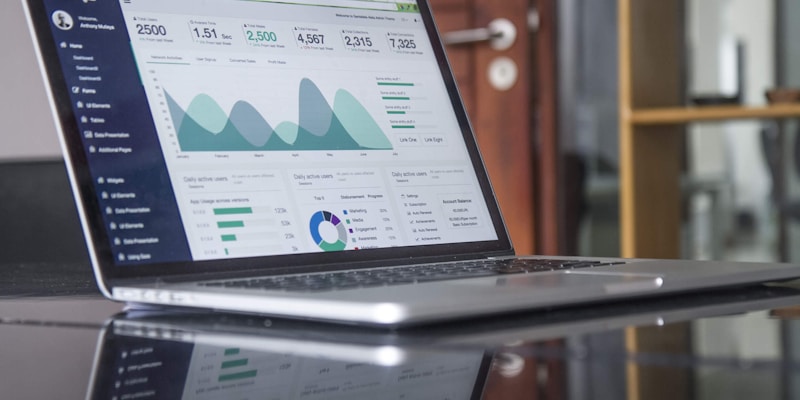From E-commerce to Research: 10 Use Cases for Web Scraping

Web scraping has become an essential tool across numerous industries. From small startups to Fortune 500 companies, organizations are leveraging data extraction to gain competitive advantages and drive business growth.
1. E-commerce Price Monitoring
Online retailers use web scraping to monitor competitor pricing in real-time. This enables dynamic pricing strategies and ensures competitive positioning in the market.
- Track competitor product prices
- Monitor inventory levels
- Analyze pricing trends
- Optimize pricing strategies
2. Market Research & Analysis
Companies scrape data from various sources to understand market trends, consumer behavior, and industry developments.
- Social media sentiment analysis
- Product review aggregation
- Industry news monitoring
- Consumer preference tracking
3. Lead Generation
Sales teams use web scraping to identify potential customers and gather contact information from business directories and professional networks.
4. Real Estate Market Analysis
Real estate professionals scrape property listings to analyze market trends, pricing patterns, and investment opportunities.
- Property price tracking
- Market trend analysis
- Investment opportunity identification
- Comparative market analysis
5. Academic Research
Researchers use web scraping to collect large datasets for academic studies, particularly in social sciences and data science.
- Social media data collection
- News article aggregation
- Scientific publication tracking
- Survey data compilation
6. Financial Data Collection
Financial analysts scrape stock prices, economic indicators, and financial news to inform investment decisions.
7. Job Market Analysis
HR professionals and job seekers use scraping to analyze job market trends, salary ranges, and skill requirements.
- Job posting aggregation
- Salary benchmarking
- Skills demand analysis
- Company hiring trends
8. Travel & Hospitality
Travel companies scrape flight prices, hotel rates, and travel reviews to provide comprehensive booking platforms.
9. Content Aggregation
News aggregators and content platforms use scraping to collect articles, blog posts, and multimedia content from various sources.
10. SEO & Digital Marketing
Digital marketers scrape search engine results, backlink data, and competitor content to optimize their SEO strategies.
- SERP position tracking
- Backlink analysis
- Competitor content analysis
- Keyword research
Best Practices for Implementation
Regardless of the use case, successful web scraping projects share common characteristics:
- Clear data requirements and objectives
- Respect for website terms of service
- Robust error handling and monitoring
- Regular maintenance and updates
- Data quality validation processes
Conclusion
Web scraping continues to evolve and find new applications across industries. As businesses become more data-driven, the ability to efficiently extract and analyze web data becomes increasingly valuable for competitive advantage.

